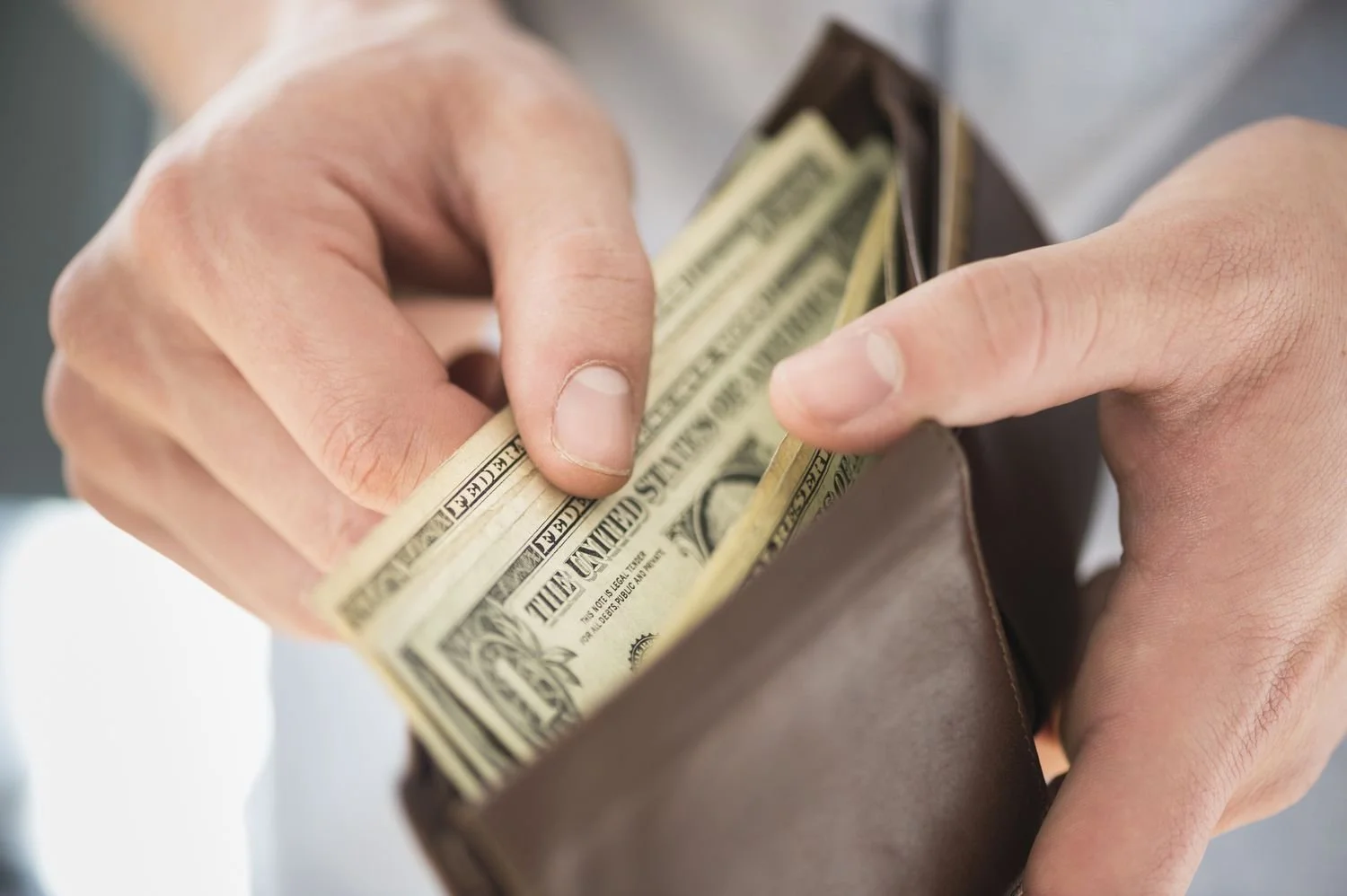Compulsive Online Spending
What is Shopping Addiction?
“Compulsive buying disorder” is the proposed diagnosis for shopping addiction. It’s a worldwide problem, and approximately 5.8% of the U.S. population will experience some type of compulsive buying disorder during their lives.
Shopping addiction is a process addiction. Process addictions are addictions to things other than physically addictive drugs or alcohol.
When does a shopping habit become an addiction?
1. Urgency and impulsivity
2. Excessive accumulation
3. Emotional triggers
4. Financial consequences
5. Lack of control
6. Interference with daily life
The causes of this addiction often include factors like easy access to shopping platforms, constant marketing bombardment, and the convenience of e-commerce. Emotional triggers, such as stress, loneliness, or boredom, can also drive individuals to seek solace in online purchases.
Supports for Compulsive Online Spending
Tips to stop an online shopping addiction
1. Self-reflection
2. Identify triggers
3. Create a budget
4. Delete shopping apps
5. Set spending limits
6. Use shopping lists
7. Implement a waiting period
8. Avoid shopping when emotionally vulnerable
9. Seek accountability
10. Practice mindfulness
11. Limit access to payment methods
12. Professional help
Shopping Addiction: Overcome Excessive Buying. Quit Impulse Purchasing, Save Money And Avoid Debt
by Anthea Peries
These days the focus is completely on consumerism and this can make it hard for those who simply like to browse and buy.
This book will provide proven insight into shopaholic spending sprees, and how to stop, get out of debt and save money.
Groups to help with Shopping Addiction:
Shopaholics Anonymous
Debtors Anonymous
Spenders Anonymous
Stopping Overshopping
Shopping Addiction Support Group
How to Recover From Shopping Addiction
Destroy all credit cards and delete all digitally-stored credit card numbers. Instead, pay for needed items in cash or debit card. For big-ticket items, you can elect to pay by hand-written check.
Tell your loved ones about your problem and ask them to help you in your recovery.
Write a shopping list AND stick to it.
Avoid things like online stores or TV shopping channels. Ask a loved one to block these sites and channels on your computer, phone, and television, and then secure the password to unlock these items.
Whenever you feel the urge to shop, acknowledge it, and then do something constructive such as exercise, or take up a hobby that does not require you to spend.
Consider ways to make it more difficult for you to spend money impulsively, such as making your money harder to access.
Most importantly, seek treatment. Shopping addiction is a serious and complex problem. Once your brain has become accustomed to the high and instant gratification of compulsive shopping, you will need support to make lasting change. Support groups are waiting to help, and licensed mental health counselors can help make change easier with coaching and evidence-based plans.
Podcasts
The Minimalists Podcast - Ep. 306
Joshua and Ryan talk about resisting the incessant tug of consumerism while striving to simplify.
The Serial Shopper Show
Dara Fleischer created this “Serial Shopper Show” Podcast because she needed an unfiltered outlet for sharing her personal struggles with shopping addiction. If you can relate and are tired of feeling overspent, in debt and out of control, then you need to be a part of the Serial Shopper Show community!


